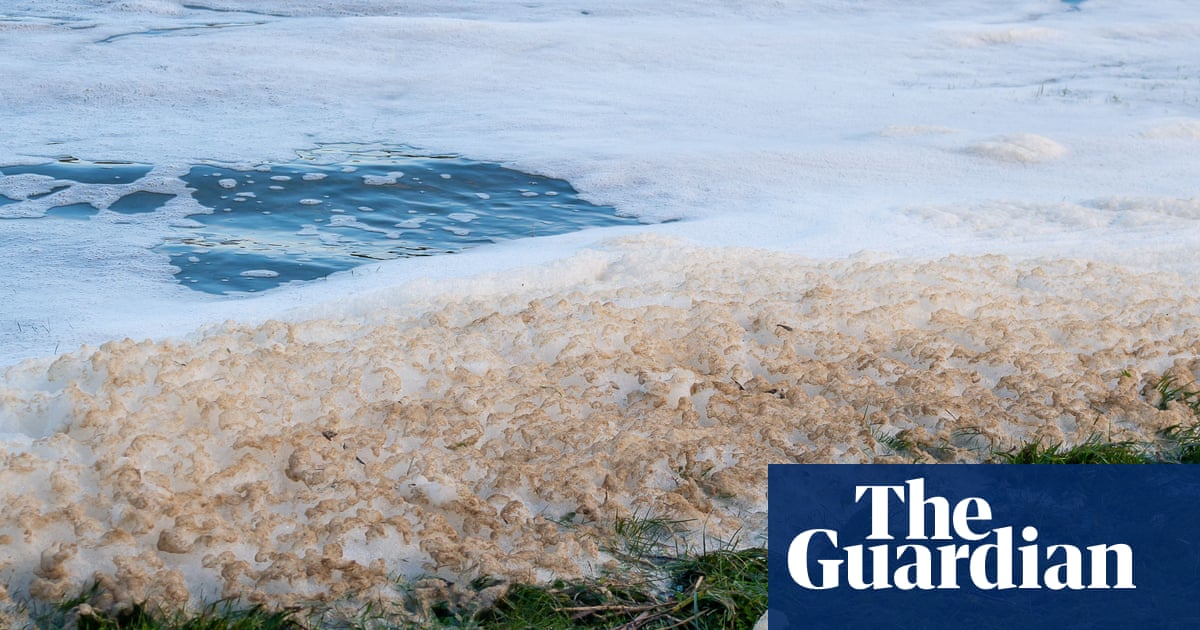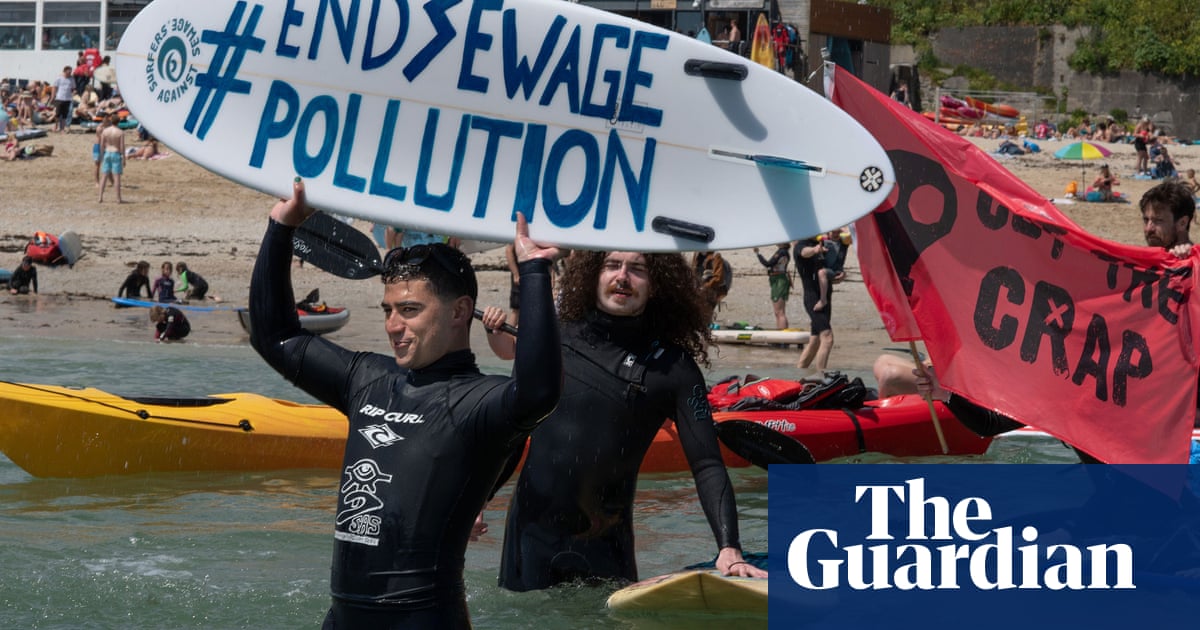
Water company bosses have blamed UK government inaction for a lack of progress in stopping sewage pollution, newly revealed letters show.
According to data from the Environment Agency, sewage has been dumped into the seas and rivers around the UK more than 770,000 times over the course of 2020 and 2021 – the equivalent of almost 6m hours.
During his short stint as environment secretary, Ranil Jayawardena demanded that every water company boss write to him with plans to reduce storm overflows, where human waste is pumped into rivers and on to beaches.
The Department for Environment, Food and Rural Affairs did not publicly release these letters until months later, when obliged to under the Freedom of Information Act.
In the letters, the water company chief executives made scathing comments about the lack of action from government on the sewage scandal. They complained that the government had failed to bring in new laws as a reason for sewage discharges.
The water companies complained about two pieces of legislation in particular: regulations for drainage systems on new developments passed in 2010 but not yet enforced in England (Wales enforced the measure in 2018), and a ban on wet wipes which are not biodegradable proposed in a private member’s bill by the Labour MP Fleur Anderson but ignored by the Conservative government.
The Liberal Democrat environment spokesperson, Tim Farron, said: “It is a bleak day for the government when even the water companies are blaming their inaction for the sewage crisis.
“No wonder the environment department sat on these letters for so long, they are highly embarrassing. They prove successive conservative ministers have buried their heads in the sand while Britain’s coastlines have been polluted with foul sewage.
“These are the same water company executives who paid themselves insulting bonuses worth millions of pounds, all while destroying rivers and lakes. The government needs to get their act together. Years of Conservative chaos has delayed tackling this crisis. This is an environmental scandal which is sadly here to stay.”
The CEO of Anglian Water, Peter Simpson, said the government had not acted to make sure homes were built sustainably, with the sewage system taken into account. “If water companies were made statutory consultees on planning developments, not just local plans, and if schedule 3 of the Flood and Water Management Act were enacted, then our role in ensuring sustainable growth would be greatly enhanced.”
In addition, Simpson called for a ban on the sale of non-biodegradable wet wipes: “We also believe the time has come to enforce a complete ban on the sale of wet wipes that do not adhere to Fine to Flush standards. The sector has worked closely with manufacturers and retailers on the development of this standard, but adoption is not happening quickly enough.”
The CEO of Thames Water, Sarah Bentley, called for regulations on drainage in new developments. “The biggest single driver of discharge of untreated sewage into the environment is excess rainfall coming through our sewage treatment works, overwhelming them. By choosing to enact schedule 3 of the Flood and Water Management Act 2010 government can significantly reduce the rate of surface water discharging to our network, meaning more available capacity for new connections for new development and a lower risk of spills from combined sewer overflows.”
Water companies have come under fire for paying their CEOs generous bonuses yet failing to stop the sewage scandal. Last week, it was revealed that companies have been releasing sewage on to beaches and in rivers even when it is not exceptional weather.












